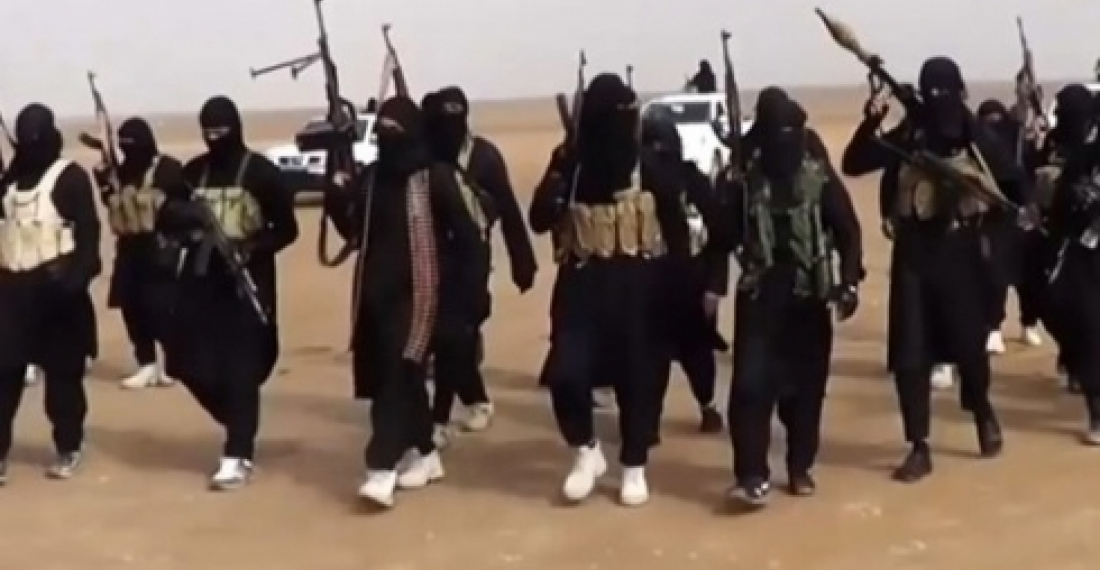The "Islamic State" terrorist group poses a serious threat to Russia, Nikolay Bordyuzha, the secretary general of the Collective Security Treaty Organization (CSTO), said on Tuesday, as reported by the Russian news Agency TASS.
"ISIL today is an absolute evil, threatening all countries. Nationals of all European states, Russia and CSTO member countries are fighting for ISIL and sooner or later they will be coming home," Bordyuzha told TASS.
"The worst thing is the ISIL key principle of expanding its influence and seizure of new territories," he added.
"This means that sooner or later ISIL fighters will make an attempt to reach our borders, which we would not like them to do for obvious reasons, and the situation, in my opinion, is very serious," Bordyuzha said.
According to the National Counter-Terrorism Committee, some 2,500 Russians are fighting for the Islamic State, he added.
"And these numbers seem absolutely real," Bordyuzha said.
Bordyuzha also said that Russia is faciung a different migrant problem than the one facing Europe. "There are one million migrants from Uzbekistan, half a million from Tajikistan, more than a million from Ukraine. We have accommodated all," he recalled.
Commonspace.eu political editor said that the comments of the Secretary General of the CSTO highlight serious concerns within the Russian military and security establishment that the situation in the North Caucasus may deteriorate sharply and quickly on the return of some of the Islamist fighters currently in Syria and Iraq. Up to now the leadership of the radical "Islamic State" group have made it clear that the Levant was the priority for the movement, but various reports suggest that jihadist from Chechnya, Dagestan and other parts of the North Caucasus have been told that soon it will be time to move the struggle to their region. Among those fighting with the Islamist group are also fighters from Azerbaijan. Figures as to how many Azerbaijanis are involved vary, but one estimate puts them at several hundred. The Azerbaijan government has put a lot of effort in trying to stop the flow of Azerbaijani citizens going to fight with islamist groups in the Middle East, but with only limited success.
source: commonspace.eu with TASS News Agency
photo: Fightes of the radical Islamist group, "Islamic State" (archive picture).






